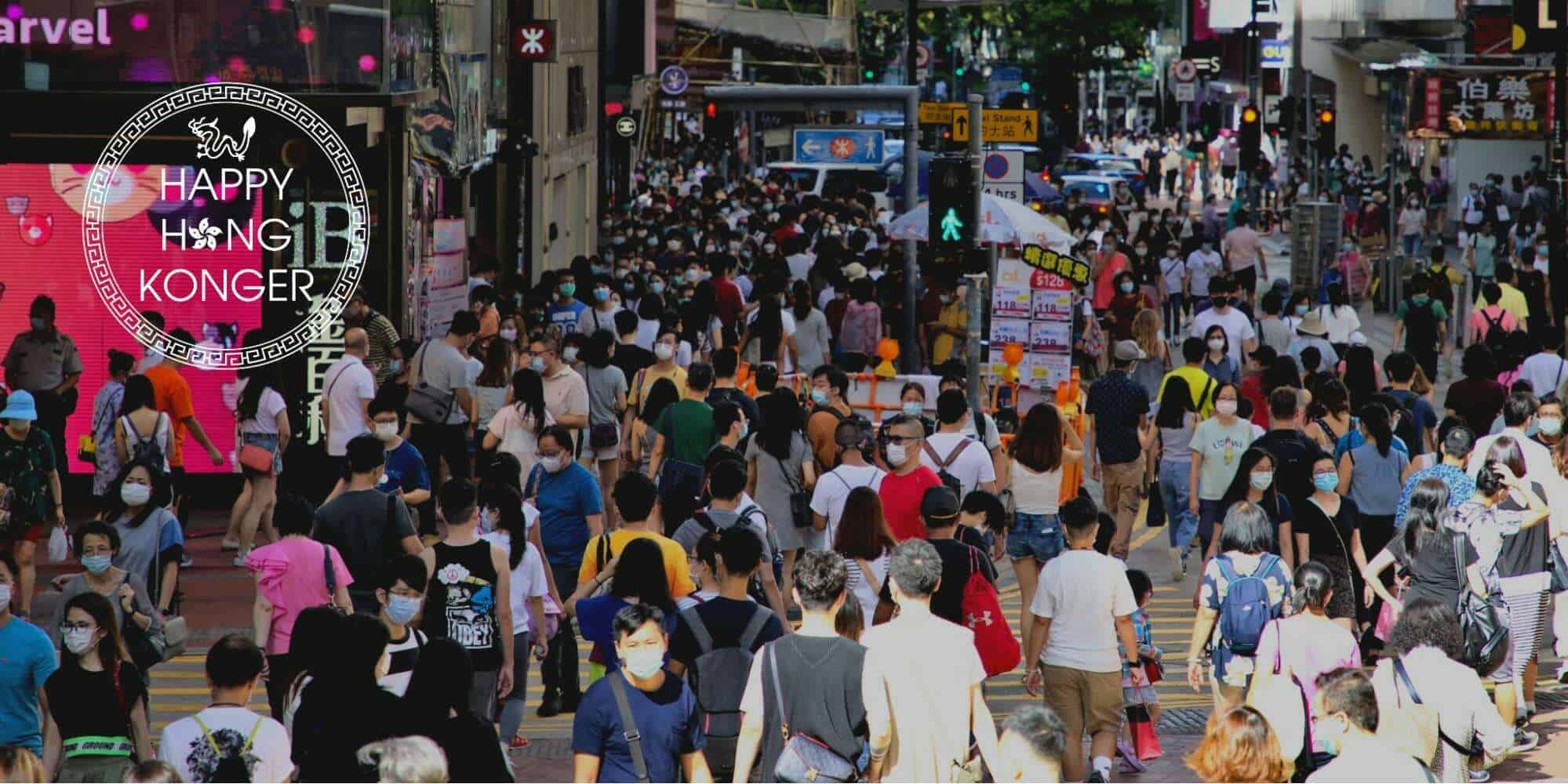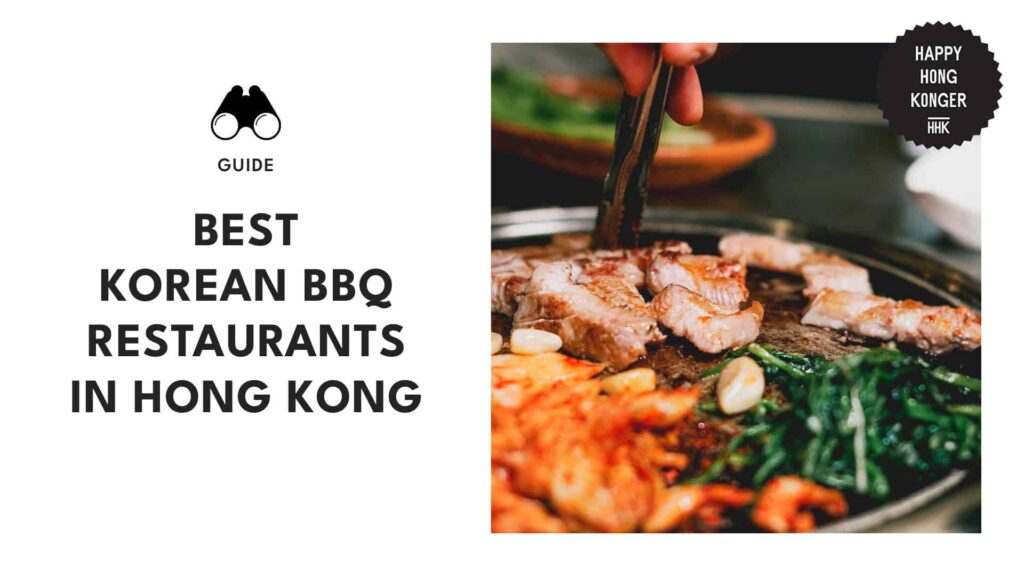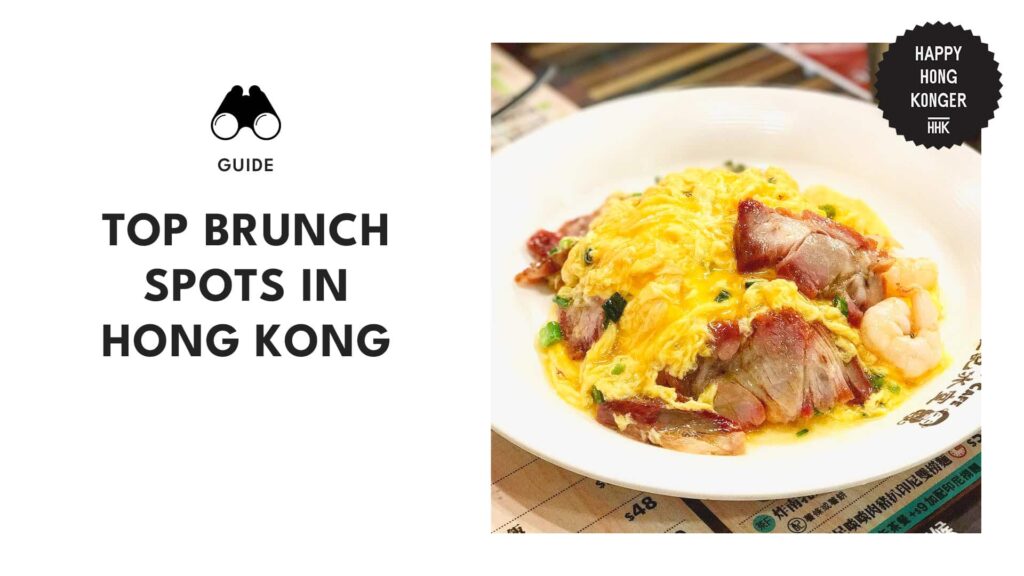Categories > Guides and Tips

Why do Hong Kongers have English names?
Many people are aware that Hong Kongers prefer to refer to each other by English names rather than their Cantonese birth names.
More often than not, Hong Kongers pretty much find themselves asked with questions like why don’t they refer to themselves by their Chinese names, or why they seem to be so fond of using English names.
Hong Kongers have English names because their actual Chinese names are more likely to be reserved for use with very close friends and family.
Otherwise, when Hong Kongers introduce themselves to someone, they’ll always use their English names, which may or may not always be part of their legal name.
While some have noted that this phenomenon also occurs in Taiwan or China, it appears to be especially true in Hong Kong.
In this article, we’ll talk about why Hong Kongers have English names, from Chinese naming conventions to westernising Chinese names and adapting the English naming practice.
Chinese Naming Conventions in Hong Kong
In Hong Kong, personal names differ from those in mainland China because of factors such as their usage of Hong Kong Cantonese, ethnic varieties, and English as a second language.
A typical name in Hong Kong is constructed this way: English name + Hong Kong Cantonese surname + personal name.
The surname is in the centre of the name and may be capitalised. The given name can also be written in two words.
The Western-style name is formatted as “English name + surname,” whereas the Chinese-style name is formatted as “surname + personal name.”
Romanization of Chinese Names
In general, the Cantonese majority uses one of two romanizations of Cantonese. Non-Cantonese immigrants, on the other hand, may keep their hometown spelling in English.
For example, in Hong Kong English, the usage of Shanghainese romanization in names (e.g., Robert Zen Ze-kiun) is more widespread than in Shanghai, where Mandarin-based pinyin has been in official use since the 1950s.
Westernising Chinese Names

Considerations for selecting an English name mirror Chinese naming customs by stressing the value of the name’s literal meaning and pronunciation.
Researchers have cited five major factors to consider while selecting an English name:
Sound
Often, the initial English name sounds close to the Chinese name; for the Chinese names Li, Sen, and Hai-yan, for example, Lily, Sam, or Helen.
The sound of the name might also be essential, since it should “sound nice” or be simple to say for native Chinese speakers.
Meaning
English names are chosen for their literal meaning closest to Chinese names (for example, Pony for the surname Ma or Jasmine as a typical Chinese given name) or for their literal meaning in and of itself (e.g. Sunny, Grace, Victor).
Some names can also be allusions to other prominent individuals, such as Bill (Gates) or John (Lennon).
Uniqueness
Names in China are far more distinctive than names in Western nations because the Chinese naming tradition allows parents to design a name from a much larger range of potential phrases rather than choosing from a predetermined list of names.
Uniqueness is also a trait sought after in the selection of a Western name, often leading to a name change if the original name is seen as too common.
Memorability
In the classroom where teachers are typically native English speakers, the convenience of an English name makes it easier to memorise all their students’ names.
This also extends to professional life, where English names are used with foreign business partners and in internet contact.
Simplicity
Lastly, a name that is simple and easier to remember and pronounce is preferable because it makes it less difficult for non-Chinese speakers to address Hong Kongers.
English Naming Practices
English names originated in England and are used in the rest of the English-speaking areas of the world.
An English name generally consists of a given name (also known as the first name) and a family name (also referred to as a surname or last name), which is most often taken from the patriarchal side of the family.
Many people just have a first name and a family name. They may have a middle name, but it is rarely used; it’s more of a bureaucratic fallback in case they share a first or surname.
In some countries, however, a child may be given several names at birth, some of which are as meaningful and useful for recognising that individual.
In Hong Kong, it’s definitely not the same as simply picking out a name out of a book. That’s what gives some Hong Kongers some of the most unique names one might encounter.
But overall, it’s important to keep in mind that there are several cultural and linguistic influences at work when naming a Hong Konger.





